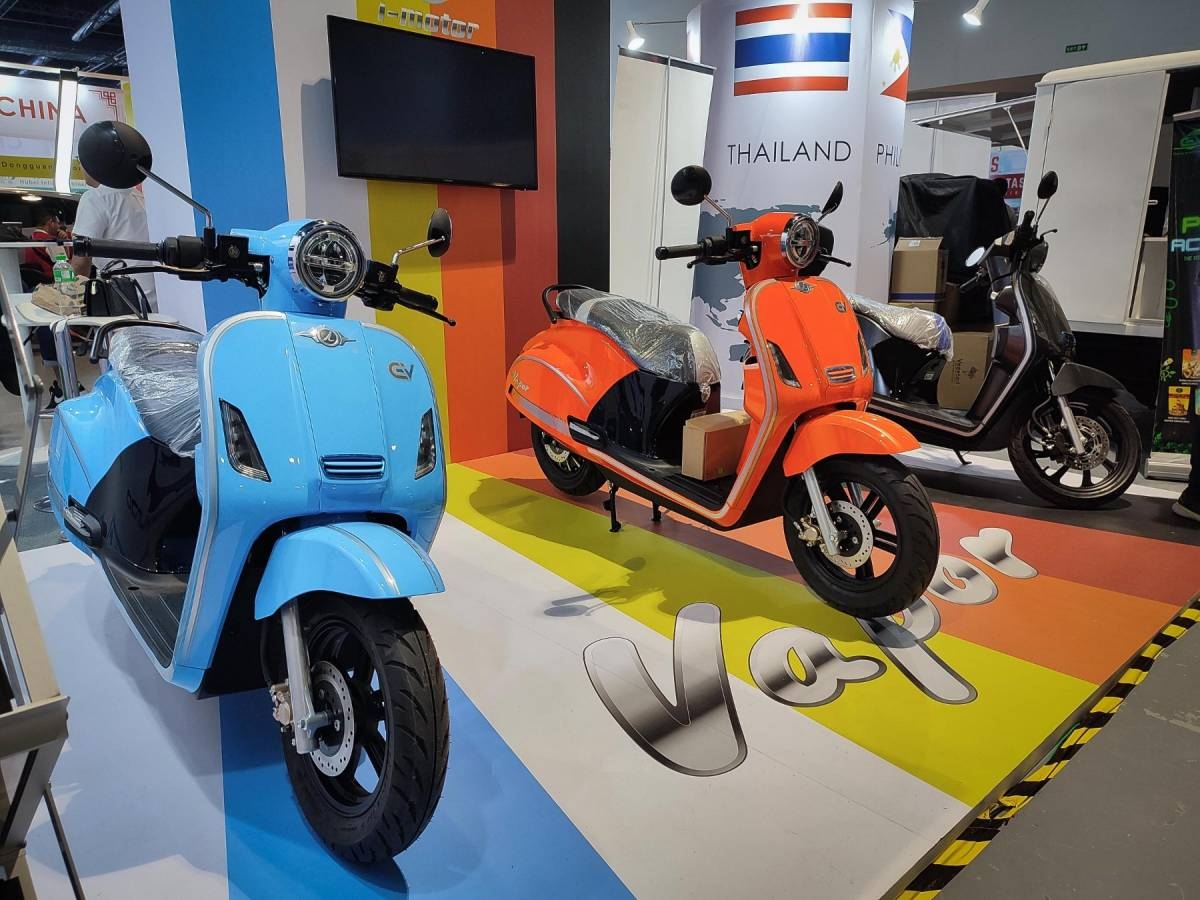The move to provide tax breaks for two-wheeled electric vehicles (EVs) is gaining traction in the House of Representatives, with the filing of a bill to further amend the EV Industry Development Act (EVIDA) law and Executive Order No. 12 series of 2022, which modifies the tax rates for certain EVs, their parts, and components.
Albay 2nd District Rep. Joey Salceda has filed House Bill 9573, seeking to modify the tariff rates for electric vehicles. Currently, the Executive Order does not provide tax breaks for two-wheeled electric vehicles.
Under Executive Order 12, only kick scooters, self-balancing cycles, bicycles, and pocket motorcycles with auxiliary motors not exceeding 250w and with a maximum speed of 25 kilometers per hour are eligible for zero import duties. However, this order is set for review in February 2024.
Salceda expressed his disappointment that e-motorcycles “were not given proper treatment,” despite being the most affordable types of electric vehicles. He highlighted that about 60 percent of electric vehicles are two-wheeled, meaning that the majority of electric vehicles do not benefit from the tax incentives granted under the law.
According to Salceda, “Encouraging electric cars while excluding electric motorcycles does not address congestion issues but merely substitutes petroleum-fueled cars for their space on the road.” In an effort to rectify this, HB 9573 aims to revise the definition of electric cars to include two-wheeled vehicles.
“While the EVIDA has successfully propelled a six-fold increase in electric car sales in 2023 compared to 2022, limitations in the law have excluded two-wheeled electric vehicles from crucial fiscal incentives,” Salceda emphasized.
The exclusion of two-wheeled vehicles from the list of eligible EVs has garnered disapproval from stakeholders in the industry. They argue that this is unfair to the majority of motorists, business owners, and environmentalists who rely on two-wheeled electric vehicles.
A study conducted by business consulting firm Frost and Sullivan in 2018 revealed that 93 percent of surveyed Filipinos expressed openness to purchasing electric vehicles. This demonstrates a significant interest in adopting sustainable transportation options.
Furthermore, the Electric Vehicles Association of the Philippines projects that the EV market will experience an annual growth rate of 8 to 12 percent over the next 10 years. This indicates a promising future for the electric vehicle industry in the country.
By extending tax breaks to two-wheeled electric vehicles, the proposed bill aims to promote the widespread adoption of sustainable transportation options. This not only benefits individual motorists but also contributes to the overall reduction of carbon emissions and the mitigation of traffic congestion.
In conclusion, House Bill 9573 seeks to rectify the current exclusion of two-wheeled electric vehicles from tax incentives provided under the EVIDA law. With the growing interest in electric vehicles among Filipinos and the projected growth of the EV market, it is crucial to ensure that all types of electric vehicles, including two-wheeled ones, are given equal opportunities to thrive. By supporting this bill, the government can encourage the transition to a greener and more sustainable transportation landscape in the Philippines.







